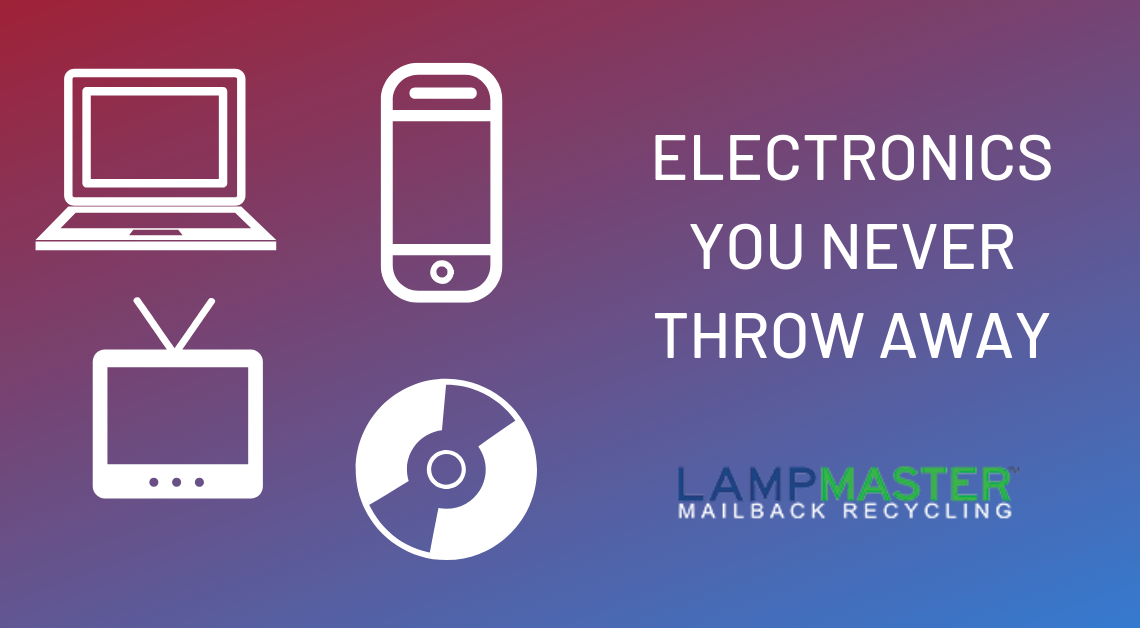
1. We Make a Lot of Trash In fact, Americans create 200-million tons of trash yearly! That’s four pounds of garbage per person every day. An estimated 75% of the waste we make is recyclable, but only 30% of that is actually recycled. From electronics to disposable styrofoam cups, we need to take more consideration and change those numbers! 2. That’s
read more










